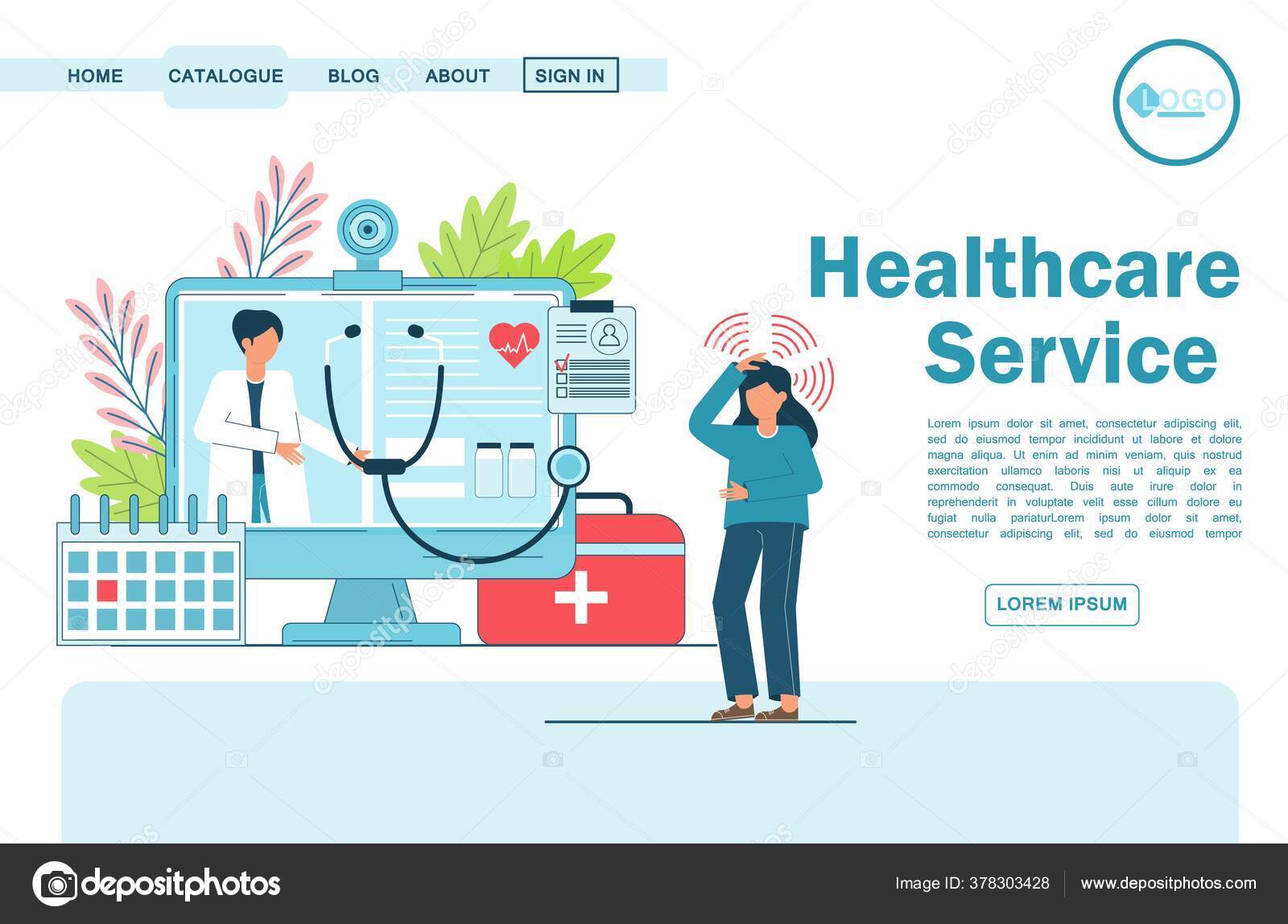Discover the Benefits of Subscription Based Healthcare for Affordable Medical Care
Discover the Benefits of Subscription Based Healthcare for Affordable Medical Care
Blog Article
Understanding the Cost-Effectiveness of Subscription-Based Health Care Designs
As the healthcare landscape evolves, subscription-based models emerge as a compelling alternative, guaranteeing to redefine exactly how individuals manage medical expenses. Assessing these models' cost-effectiveness necessitates a nuanced comparison with traditional insurance, considering both financial effects and client fulfillment.
Introduction of Subscription-Based Designs
Subscription-based healthcare models, sometimes described as straight medical care or concierge medicine, are significantly obtaining interest as a prospective solution to inefficiencies within traditional medical care systems. These designs operate the concept of offering people direct access to doctor with a yearly or regular monthly fee, bypassing the requirement for conventional insurance coverage systems. This arrangement intends to improve patient-provider communications by minimizing administrative worries, which commonly impede prompt and individualized care.
At the core of subscription-based versions is the emphasis on an extra customized client experience. People benefit from boosted access to their medical professionals, frequently including same-day or next-day consultations, extended examination times, and direct communication networks such as phone or video telephone calls. This design promotes an aggressive method to medical care, where patients and carriers can collaboratively focus on preventative treatment and persistent condition management.

Price Contrast With Traditional Insurance Coverage
One of the primary financial benefits of registration designs is transparency in costs. Alternatively, standard insurance policy might be much more advantageous for people needing specialized care or expensive therapies not covered under a membership model, as they profit from the broader protection network and cost-sharing devices.
Nevertheless, cost-effectiveness is context-dependent. While registration versions might supply cost savings for those primarily requiring health care, people with chronic problems or specialized health care needs may locate conventional insurance a lot more comprehensive. Evaluating certain medical care requirements and potential usage is vital in determining the most economical alternative for people.
Effect On Client Contentment
Client complete satisfaction within subscription-based healthcare models usually mirrors a substantial renovation over standard insurance coverage systems. Unlike conventional systems, where clients might experience hold-ups in getting care, subscription-based models make certain even more direct and prompt interactions with medical care carriers.
Additionally, the transparency in prices related to subscription-based health care reduces the usual stress associated with unexpected costs and complicated billing procedures seen in conventional insurance (subscription based healthcare). Individuals appreciate recognizing the specific economic commitment upfront, leading to boosted count on and self-confidence in their health care monitoring
Furthermore, the focus on preventive treatment and health in subscription versions contributes to boosted health results, further improving patient fulfillment. By concentrating on continuous health maintenance as opposed to anecdotal care, people experience a useful reference more all natural and continuous healthcare journey.
In addition, the enhanced provider-patient connection cultivated in these versions, characterized by even more time invested per patient and tailored attention, plays a vital role in elevating client complete satisfaction levels, as individuals really feel genuinely cared for and recognized.
Supplier Experiences and perspectives
From the company's perspective, subscription-based medical care versions offer a transformative approach to delivering medical services. These designs highlight a preventative and positive healthcare strategy, enabling providers to focus on thorough person treatment without the restraints of typical fee-for-service setups (subscription based healthcare). This change in emphasis usually causes boosted individual end results and raised copyright satisfaction, as healthcare specialists can allot even more time and sources to client engagement and personalized treatment strategies
Additionally, membership models facilitate foreseeable profits streams, which improve financial security for doctor. This predictability enables for enhanced resource preparation and allowance, adding to a more reliable health care delivery system. Carriers can spend in staff infrastructure, training, and modern technology enhancements, therefore boosting the high quality of treatment provided.
Nonetheless, the change to subscription-based models is not without difficulties. Despite these obstacles, lots of providers find that the benefits of enhanced individual communication and structured procedures surpass the first obstacles, making subscription-based models an appealing choice.
Future Potential Customers and Difficulties

A primary challenge is regulative compliance, as registration versions need to abide by advancing health care plans and insurance policy requirements. This demands continual adaptation and innovation to hop over to these guys make certain positioning website link with legal criteria. Furthermore, integrating these designs into existing healthcare infrastructures can be intricate, requiring substantial investments in technology and training.
There is likewise the potential danger of creating injustices in healthcare gain access to, as registration designs could favor those that can afford them, leaving prone populations underserved. Addressing this calls for thoughtful consideration of rates techniques and aid mechanisms to make sure inclusivity.
Conclusion
Subscription-based medical care models provide a viable option to typical insurance coverage by supplying financial predictability and transparency, specifically profiting individuals with persistent problems or frequent medical care demands. The cost-effectiveness of these models is contingent upon specific healthcare usage patterns and scenarios. While they might boost client contentment and streamline budgeting, difficulties stay in resolving specialized care needs. Future considerations consist of stabilizing thorough coverage with affordability and integrating these designs within the wider medical care system for optimum end results.
Subscription-based healthcare models, sometimes referred to as straight key treatment or attendant medicine, are increasingly acquiring attention as a potential solution to ineffectiveness within conventional health care systems. Unlike typical systems, where patients might experience hold-ups in getting care, subscription-based models make certain even more straight and timely interactions with healthcare companies.
These models emphasize a aggressive and preventative healthcare strategy, permitting suppliers to focus on comprehensive person treatment without the restraints of typical fee-for-service setups. As these designs continue to obtain traction, they offer the possible to transform patient accessibility to care, streamline solution shipment, and enhance medical care spending.Subscription-based healthcare designs present a practical option to standard insurance policy by using monetary predictability and transparency, especially benefiting people with persistent conditions or constant healthcare demands.
Report this page